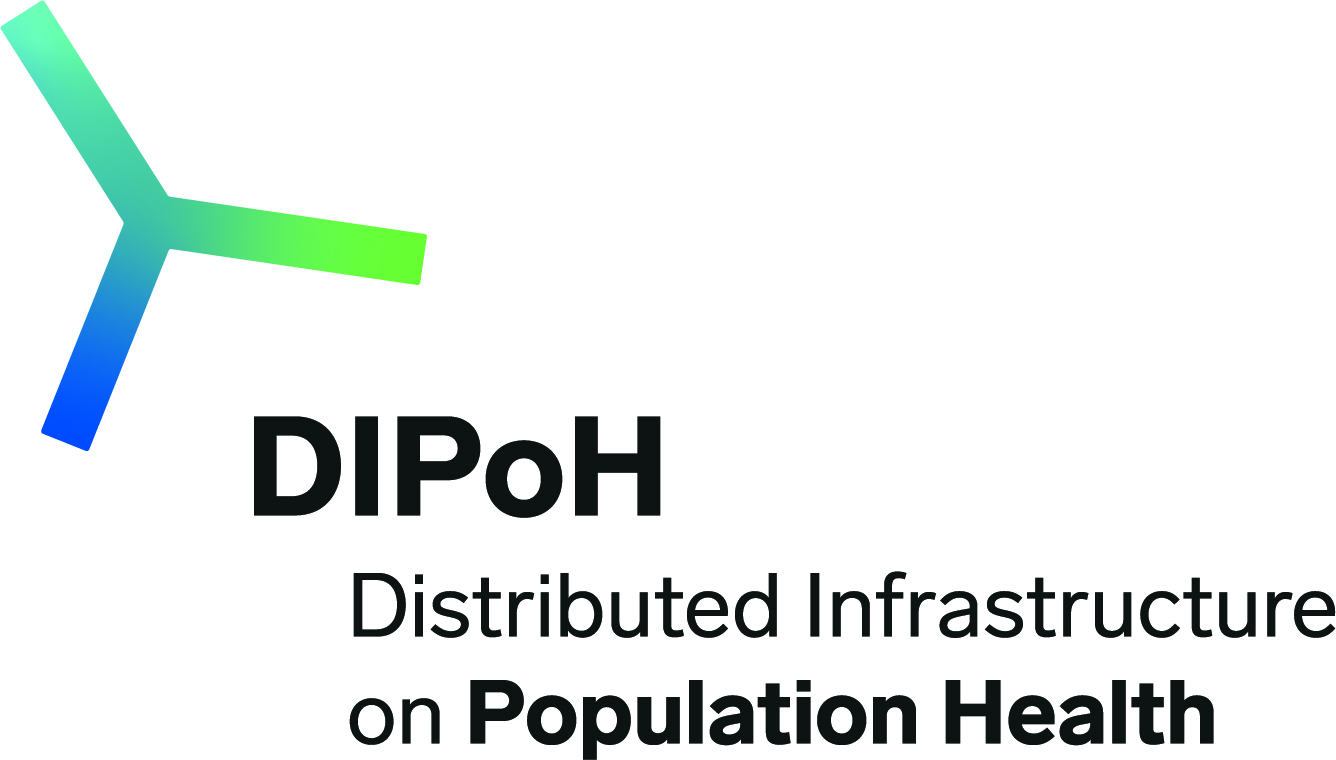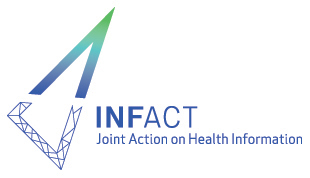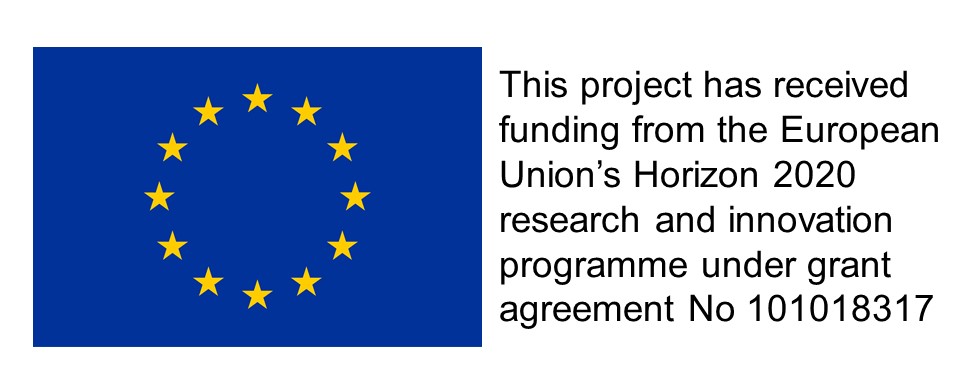Legal framework and institutional responsibilities
Slovenia has been developing the general national orientation towards registry, the centralisation of the registry data, very strict law on personal data protection and awareness of importance of freedom of information, for last four or five decades. All these facts importantly contributed to the development and state-of-the-art of contemporary health information systems. Most registries and databases are covered by the Health Databases Act (2000, updates in 2015, 2018 and 2020).
Since the 1990s, the National Institute of Public Health (NIJZ) and Health Insurance Institute of Slovenia (HIIS) are the principal controllers and processors of large health registries and database.
NIJZ is concerned with public health issues and e-Health system, maintains related patient and service registries, including for births and deaths, communicable diseases, accidents at and absence from work, vaccinations, hospitalizations, outpatient services, health system workforce and e-Health registries and databases. The NIJZ also disseminates health statistics as open data at its own data portal. HIIS collects data on the financial management of the health system.
Both institutions make available detailed instructions for data providers and inform them in advance what will need to be provided within the next calendar year. There are several other institutions managing different disease registries. First of all, Institute of Oncology is operator and processor of Cancer Registry and two cancer screening programmes registries (besides numerous clinical registries). Cancer Registry has the longest tradition in Europe with 70 years of history. Besides, University Clinics Golnik is holding Tuberculosis Registry and Valdoltra Orthopaedic Hospital is holding the arthroplasty registry.
Health Information System was reviewed in details by the WHO in December 2019, and the assessment confirmed the high quality of our system and data, and the achievement of the desired standards. NIJZ is also an authorized producer of official national statistics, coordinated by the National Statistical Office and consequently acts as the reporting point for data to international organizations.
Health information strategy
Currently, there is no formal national health information system (HIS) strategy in Slovenia, but all stakeholders and partners are covered with relevant legislation, they have clear roles and mandates for their work in the HIS.
The digital transformation of the Slovenian healthcare system (eHealth) follows national and European strategies and the guidelines of the World Health Organization on how to improve the quality and efficiency of healthcare systems. The main goals of the digital transformation initiative are to introduce effective and user-friendly digital solutions into the Slovenian healthcare system and enforce well-established semantic and technical standards enabling the interoperability of diverse local information systems. Connection via a common national eHealth platform enables citizens and health professionals to overcome numerous obstacles when searching for relevant information concerning the patient treatment process. Slovenian eHealth streamlines diverse and fragmented hospital and outpatient information systems, and provides the relevant medical, economic and administrative data. Accordingly, eHealth is the ultimate enabler of digital transformation, enhancing the quality of healthcare treatment, assisting evidence-based decision-making and supporting the management of the healthcare system. Furthermore, eHealth keeps the focus on patients, enforcing patient rights and encouraging them to actively participate in maintaining their health and well-being.




